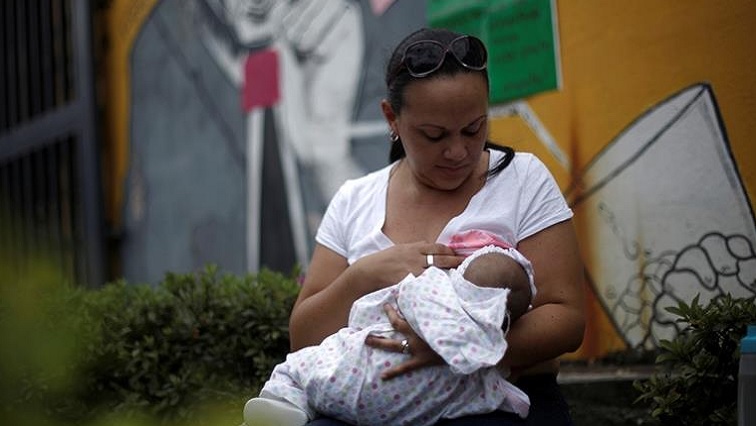For many breastfeeding mothers in Kenya, working from home to contain the spread of COVID-19, could not have come at a better time. This is because, after birth, a mother in Kenya has to return to work after three months. They now are able to continue breastfeeding their babies longer than just three months and for those who are lucky to have proper support, even manage the recommended six months of only breastfeeding.
This is even as the World Health Organisation and the United Nations Children’s Fund (UNICEF) warned that COVID-19 has disrupted breastfeeding support services globally while increasing the risk of food insecurity and malnutrition.
It is the beginning of another day for Linet Kamau and her eight-month-old son. And while no day is the same, one thing has remained constant, her presence, even during what would be normal working hours.
Like many offices across the world, Linet’s office introduced a work from home programme last year to contain the spread of COVID-19.
Kamaru spends most days in her living room, a laptop computer in front of her, baby on her lap or latched on her breast.
For her, the pandemic has offered an opportunity for her to breastfeed her son on demand.
“I would not have been able to do six months consecutive like that if I was not at home. I find the value because when I go to the hospital and I find he has gained weight I feel like I have won the lottery. I am like yes, I am doing something good. He has been healthy, he has been happy.”
Breast milk is the ideal first food for a 👶. It's safe, clean and contains antibodies which help protect against illnesses.
✅ Start 🤱 within 1 hour after birth
✅ 🤱 exclusively for the first 6 months
✅ Continue until the 👶 is 2+ years old pic.twitter.com/CPiaCcEEyk— World Health Organization (WHO) (@WHO) July 31, 2021
While there is no research on how COVID-19 lockdowns affected breastfeeding in Kenya, the African Population and Health Research Centre, notes that job losses resulting from the lockdowns were likely to force mums to stop breastfeeding.
“There are some women who have lost their jobs and they are more likely to leave their houses and this may present a challenge when it comes to infant feeding,” says nutritionist Antonina Mutoro.
In Kenya, mothers are entitled to three months of maternity leave, meaning for any mother wishing to exclusively breastfeed their baby, she must plan how to continue offering their child breast milk while still continuing to work.
This has in many cases forced mothers to turn to infant baby formula or to wean their babies early.
The World Health Organisation and UNICEF indicate that the pandemic may have disrupted breastfeeding support services crucial in ensuring mothers exclusively breastfeed.
Linet says while physical visits are limited she has found value in the support of those at home with her.
“My mother has been a huge support system from advising on what to have nutrition-wise, my husband has been a great support system as well. He would wake up sometimes and let me sleep and sometimes he bottle feeds the baby.”
Recent statistics indicate that over the last 12 years, breastfeeding rates in Kenya have gone up by 30%. It remains to be seen how significantly those numbers will be affected by COVID-19 and health protocols put in place to contain its spread.






